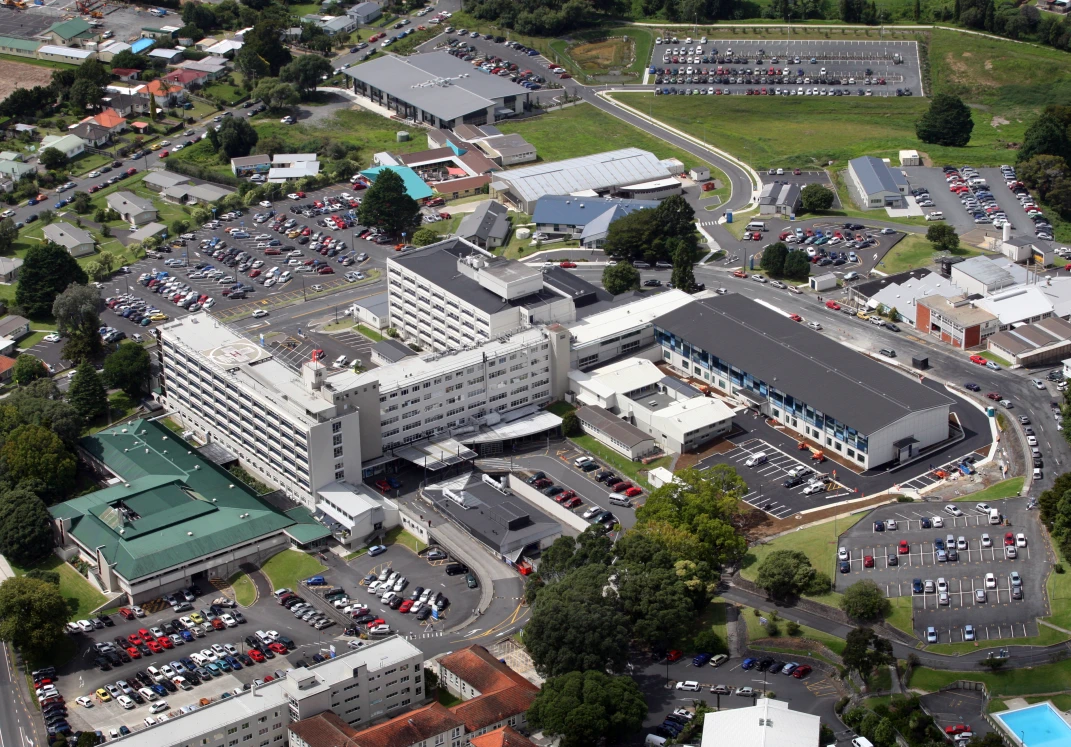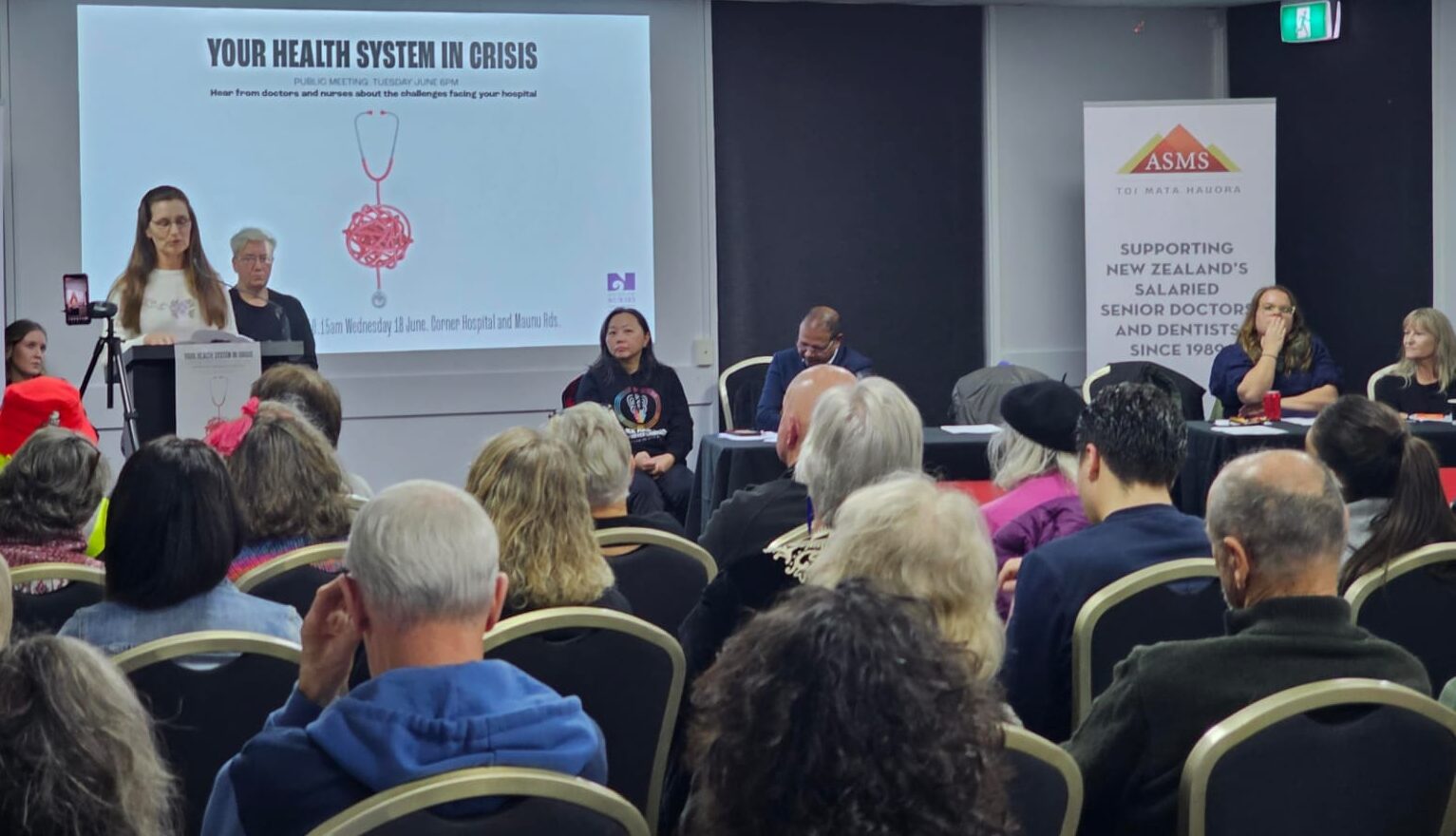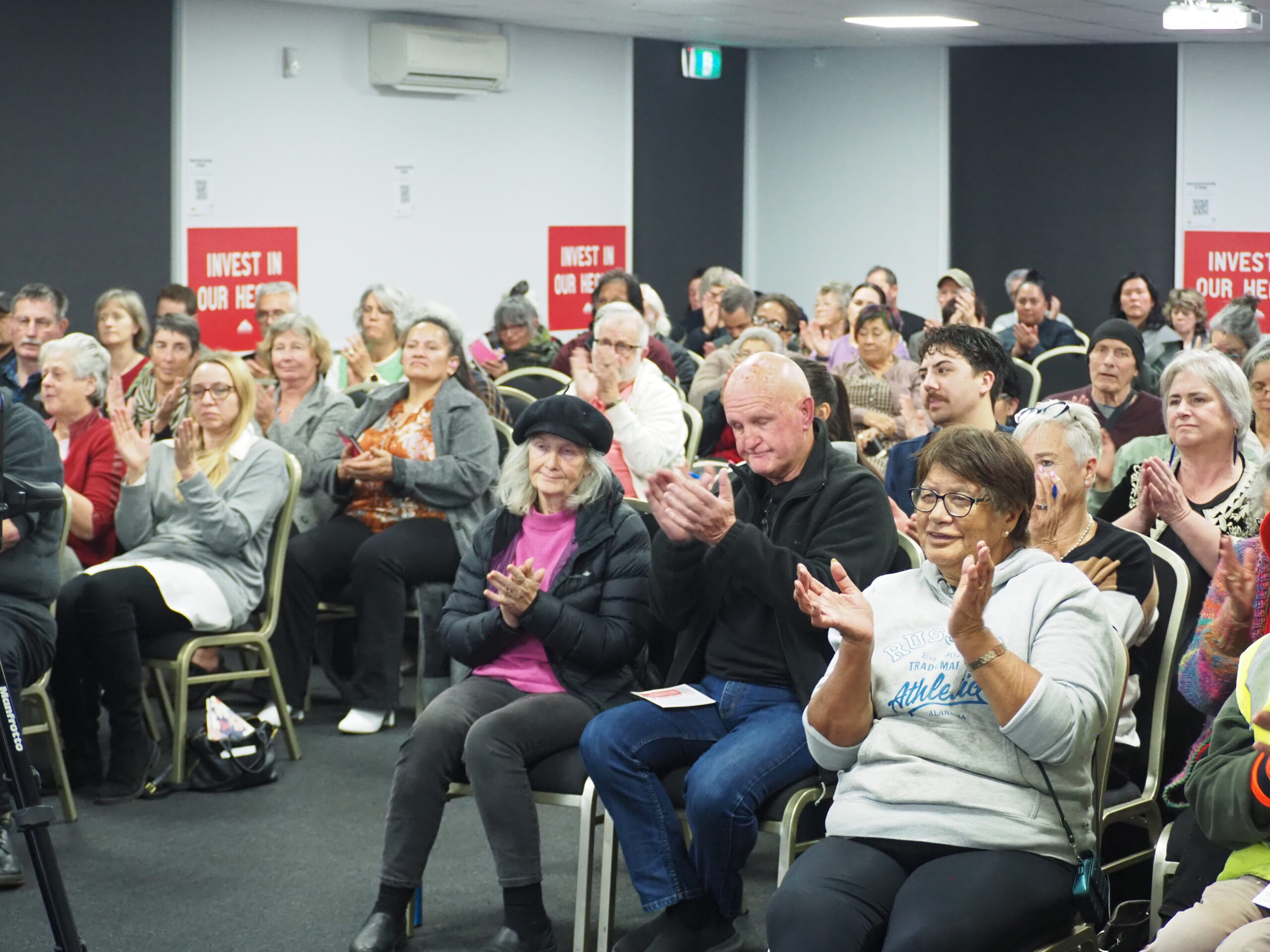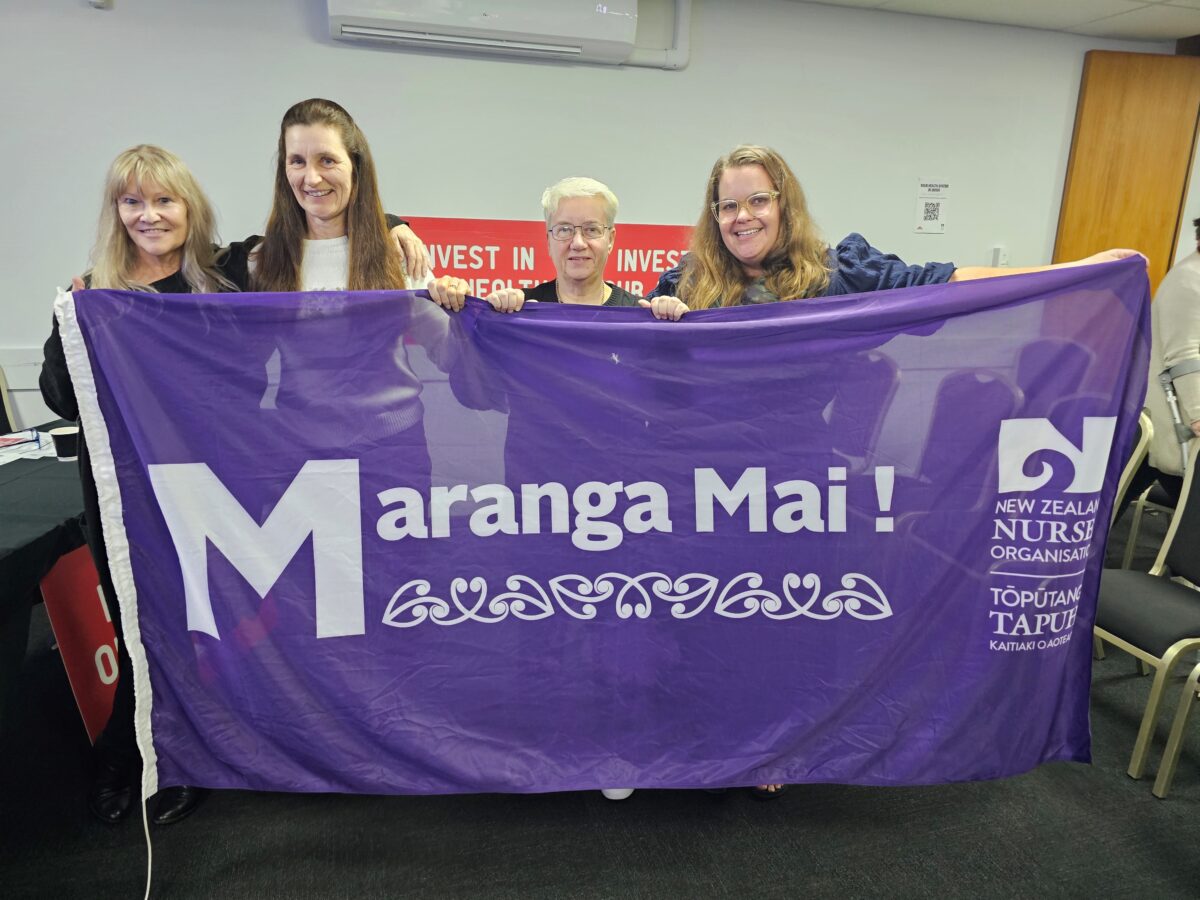About 21 years ago I relocated from the United Kingdom to Whangārei where I studied for three years to become a registered nurse (RN) here in Aotearoa, New Zealand.
I joined the hospital theatre team in 2008, and am working there still.
Typically, my day begins with finding out if we have enough suitably-skilled nurses to run our theatre operating list, if our patients require a ward bed — and if there is a bed available for them when they are ready to leave the recovery ward.
Next, I check if we have instruments for the patients’ surgery and that they are sterile. Our ageing sterilisation department’s equipment is frequently breaking down, resulting in delays sterilising instruments.
Sometimes there is no-one to take over from the nurses so they can finish on time to pick up their children from childcare.
Then I check our patient is fit for our procedure. If not, I have to rearrange the order of the list or arrange for the patient to be rebooked. I met a patient recently who had been waiting four years for joint replacement surgery!
If there is an unexpected problem during surgery, and the patient needs a ward bed when the plan was to send them home, I will need to arrange that for them.

Sometimes the booked operating theatre list may be interrupted by an urgent acute case. This delays — and sometimes cancels — the booked patients’ surgery, and can mean the whole list finishes late.
Sometimes there is no-one to take over from the nurses so they can finish on time to pick up their children from childcare, causing stress for them and their families. This is forced overtime.
Some lists are overbooked. When this happens, nurses will alert management who may decide to keep patients starved and waiting on the off-chance a space will become available for their surgery to go ahead on another theatre’s list.
Patients and nurses are both unhappy if this happens; and it is particularly hard if they are young children and cannot eat anything all day.
Very few nurses work full-time due to the heavy workload — we need to rest to safely care for our patients.
We also regularly have the mobile surgical bus parked in our carpark. Running this, alongside our existing surgeries, means we have 10 theatre lists running simultaneously. This puts huge pressure on our surgical assessment unit (SAU) nurses.
Recently, we had all nine of our hospital theatres running when a call came through from the obstetrician who had a patient needing an immediate emergency caesarean. We had no available operating theatre, therefore our only option was to perform her surgery in our recovery ward.

Added to these challenges is that we don’t have anywhere near enough storage for our very expensive equipment, which is getting damaged clogging up our corridors.
Almost daily, nurses on their days off are getting messages asking for volunteers to pick up extra shifts to cover sick leave. Very few nurses work full-time due to the heavy workload — we need to rest to safely care for our patients.
We had no available operating theatre, therefore our only option was to perform her surgery in our recovery ward.
This month, one of our most senior experienced theatre nurses retired. We already have other senior nurse vacancies that are not being filled due to the senior nurse pay scale still not being addressed. This means our current senior nurses have to share the extra workload caused by delays in recruitment.
Thankfully, an internationally-qualified nurse has now started with us — but it took 18 months for her to get through all the paperwork required.

As nurses, we also invest in teaching nursing students — sharing our skills and knowledge, as we support them on their three-year journey to become RNs.
Te Whatu Ora are not recruiting all our new graduates, despite having vacancies. Therefore, many of our precious home-grown nurses are being forced to look overseas for work.
Our minister of health will often say how many nurses they have recruited — but does he ever tell us how many have left?
— Perioperative nurse and Tōpūtanga Tapuhi Kaitiaki o Aotearoa — NZNO delegate Steph Moule spoke at the joint NZNO–Association of Salaried Medical Specialists’ (ASMS) ‘hui for health — your health system in crisis’ on June 17 in Whangārei. This viewpoint draws from her kōrero.
See also: ‘They’re crushing us’ — perioperative nurses take to the picket line




